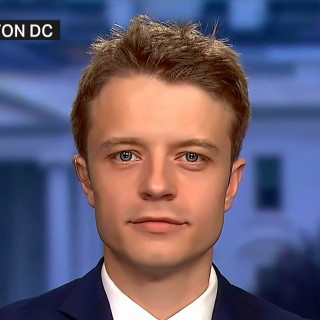Commentary by:

Asia Analyst, Washington, D.C.

Program Officer & Research Associate
Photo: President Donald J. Trump and President Xi Jinping at the G20 Summit in Germany | July 8, 2017 (Official White House Photo by Shealah Craighead)
With the Chinese Communist Party’s decision to remove term limits on the president, Xi Jinping has consolidated his power at the top of Beijing’s leadership. The move ensures Xi’s vision of China, more assertive and confident in its ability to push back on the United States in the Pacific, has won out. This pivotal moment drives home the fact that the two most powerful countries in the world, China and the United States, have crossed a dangerous threshold into superpower competition. But Washington’s failure to act on this new reality presents grave dangers. As long as this problem persists, the United States will find itself at a serious disadvantage in its ability to manage China’s rise…
This article is available in its entirety on The Diplomat’s website. The first five articles are free before access is restricted to subscribers.

The Institute for China-America Studies is an independent nonprofit, nonpartisan research organization dedicated to strengthening the understanding of U.S.-China relations through expert analysis and practical policy solutions.
1919 M St. NW Suite 310,
Washington, DC 20036
icas@chinaus-icas.org
(202) 968-0595
© 2025 INSTITUTE FOR CHINA-AMERICA STUDIES. ALL RIGHTS RESERVED.
The Nordic Reaction to America’s Arctic Posture